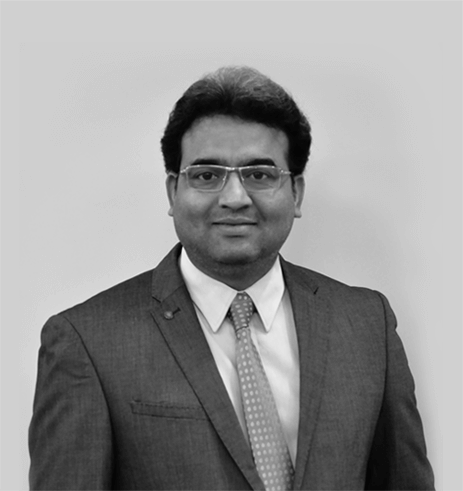Your child's first teeth, the primary teeth are extremely important. Strong, healthy primary teeth help your child chew food easily, learn to speak clearly, and look good!. Just as important, your child's general health can be affected if diseased and broken primary teeth are not treated early.
If a primary tooth is lost too soon, your child may need to wear a space maintainer until the permanent tooth erupts (comes through the gums). otherwise the teeth beside it my tilt into the empty space, causing the permanent teeth to come in crooked and possibly requiring lengthy and more expensive corrective treatment later.
Ideally, it's best to take your child to a pediatric dentist around twelve months of age. The earlier you begin, the better chance your child has to prevent problems. In addition to checking for decay and other problems, Drs will teach you how to properly clean your child's teeth daily and will evaluate your child's teeth for supplemental fluoride needs. By starting dental visits at an early age, you'll be helping your child build a lifetime of good dental habits
It is generally recommended that children visit the dentist every six months for a comprehensive examination, full mouth dental cleaning, oral hygiene instructions and radiographic evaluation. However, since each child's individual needs are different the.
Pediatric dentist is best able to suggest a proper schedule of visits for your child.
At your child's first visit Drs will do a thorough oral examination by gently checking the teeth and gums for decay and other problems. We will also clean, polish, apply topical fluoride, give oral hygiene instructions and if necessary, will take x-rays to check for normal development and hidden decay. You will also learn important preventive home skills to help your child's teeth stay strong and healthy. And, at the end of the appointment, Drs will discuss her findings with you and provide a dental treatment plan.
Tell your child that the dentist is a friendly doctor who will help the child stay healthy. Talk about the visit in a positive, matter-of-fact way, as you would about any important new experience. A visit to the dentist can be a pleasant adventure for your child.
The sooner the better! Starting at birth, clean your baby's gums with a clean washcloth. Use a tiny dab of fluoride toothpaste if your pediatric dentist advises fluoride protection. Later, brush your child's teeth with fluoride toothpaste and a small, soft bristled toothbrush. Remember that most small children do not have the dexterity to brush their teeth effectively.
Pacifier, thumb and finger sucking is perfectly normal for infants and provides security. Most children stop sucking on pacifiers, thumbs and other objects around two without harm to their teeth and jaws. However, children who prolong sucking habits can create crowded and tipped teeth. We will carefully watch your child's jaw development and watch the way their teeth come in.
We can also give you helpful advice to encourage your child to stop, as well as talk to your child about what happens to the teeth if they don't stop. The advice, coupled with support from parents, helps most children break the habit.
The American Academy of Pediatric Dentistry advises: Brush with a fluoride toothpaste twice a day, floss children's teeth until they are able to do it themselves around age ten and rinse with fluoridated water. Have sealants applied to the chewing surface of permanent back teeth (molars) as soon as they erupt through the gums. Snack moderately and of course, visit the Dentist twice a year to make sure you have a healthy mouth!!
Athletic mouth protectors, or mouth guards, are made of soft plastic. They are adapted to fit comfortably to the shape of the upper teeth. They protect not just the teeth, but the lips, cheeks and tongue. They also protect against jaw fractures and other more serious oral injuries. Children should wear mouth guards whenever they are involved in activities with risk of falls or of head contact with other players or equipment. Research shows that most oral injuries occur when athletes are not wearing mouth protection. So, make sure your child athlete is well protected!
We offer a wide range of paediatric dental services that include:

Dr. Kamlesh Kothari is one of India's topmost Oral, Maxillofacial surgeon and Dental Implantologist...
LEARN MORE